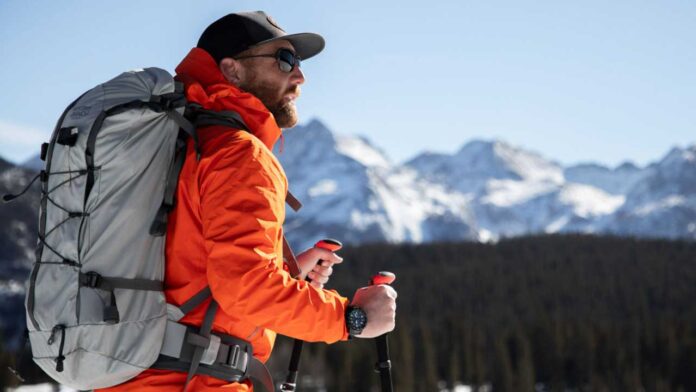I've made a lot of mistakes hiking. Thankfully, most of them have been on the trail and have taught me valuable lessons. I remember when I was just getting started, with a bookshelf full of guidebooks and a noggin full of dreams, I was all action and no theory. I wasn't nearly as concerned with mundane logistics as I was with accruing notches on my belt of epic adventures.
Now, I write to you a little older, and I like to think, a little wiser. So if you're just getting started in the exciting (but also somewhat overwhelming) world of backpacking, allow me to offer some beginner hiking and overnight tips. Here are the top five things that I wish someone would have told the younger me.
Don't Start with Too Big of a Backpack
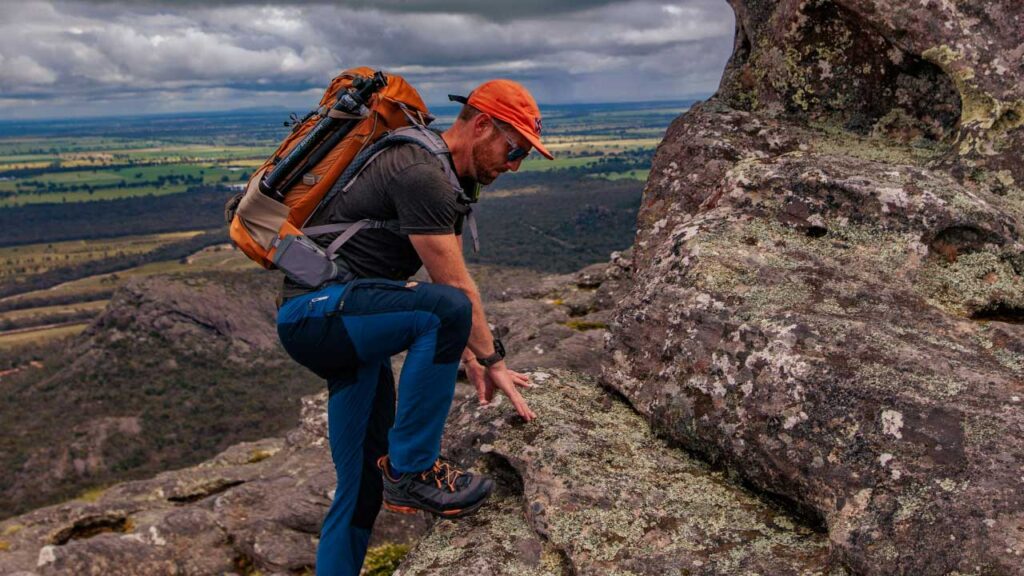
The first trekking bag I bought was WAAAAAY too big. My innocent, starry-eyed self thought I needed the biggest, baddest backpack on the market so that I could conquer Denali or maybe travel the Pacific Crest Trail. I still feel an intense enthusiasm for grand adventures, but the reality is, most of my outings are on a much smaller scale.
It's actually a common mistake to buy too big, too soon. When this happens, the bag will likely fit poorly, will usually only be partially full (and therefore extra sloppy), and if you do manage to pack it to the brim, it will make for a total backbreaker of a load.
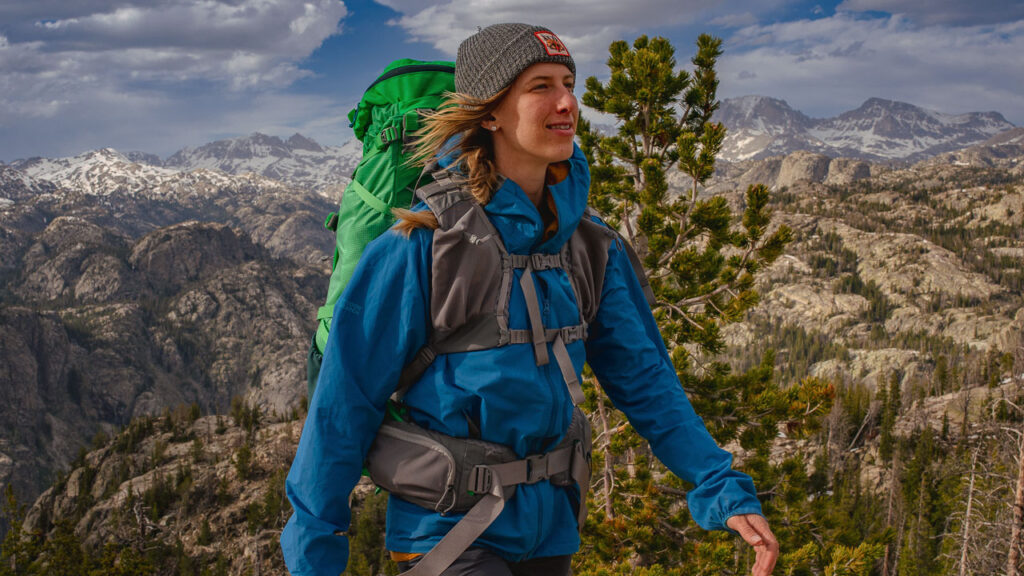
I think that beginners should aim for a 50 – 65 liter backpack for an overnight or multi-day hike. The one exception in this demographic might be for photographers. If part of your backcountry mission involves bringing camera gear, then you may want to invest in some extra volume. But otherwise, I think this is the sweet spot and will serve you well on lots of cool, multi-day treks.
- Read this article to learn how to properly fit a backpack
- Read this article for backpacking packing list tips
Good Sleep while Camping
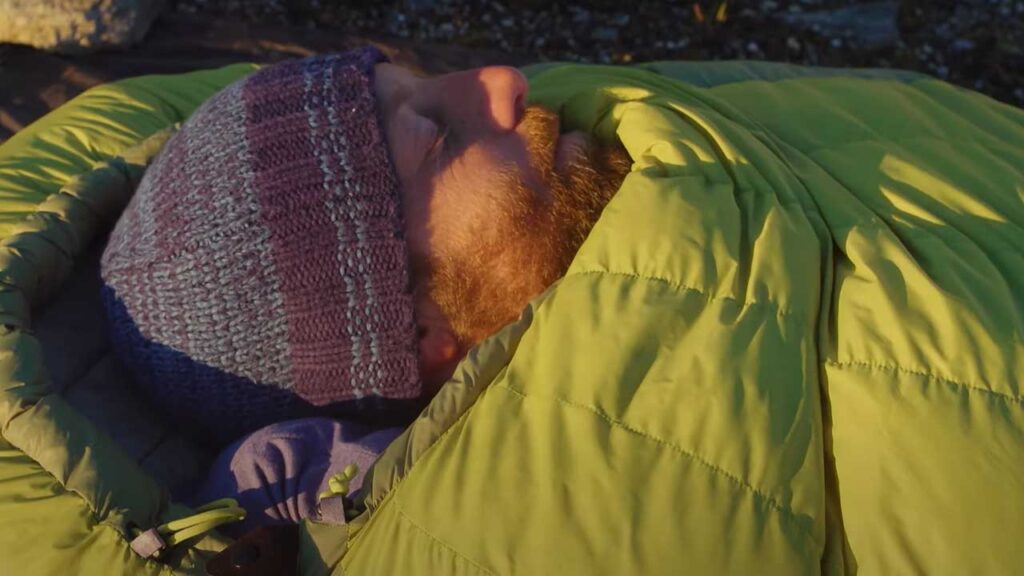
For the first decade or so of my hiking career, I favored a minimalist approach to sleeping. I figured that the real action took place on the trail, and sleep was just something to tough out for a handful of nights at a time. I honestly assumed that part of the camping experience involved being cold and uncomfortable until that long-awaited sunrise. But I stand before you a changed man.
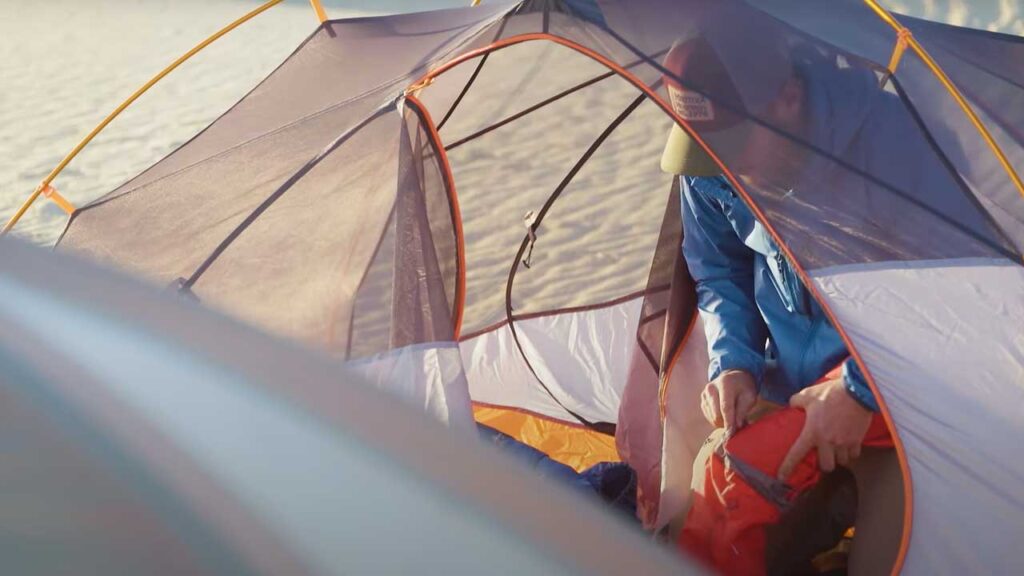
Plentiful zzzs are actually possible if you don't skimp on your sleep system. If you're going to spend money in one area, I recommend that this be it. Even for the occasional overnight hike. Get yourself a sufficiently large and insulated mattress/pad, and pair that with a sleeping bag that is properly rated for the temperature range you're likely to encounter (and not just raw survivability, but actual comfort). Toss a proper pillow in there for good measure and you'll be counting sheep in no time.
- Read this article for more sleeping tips for backpacking.
Everybody Poops
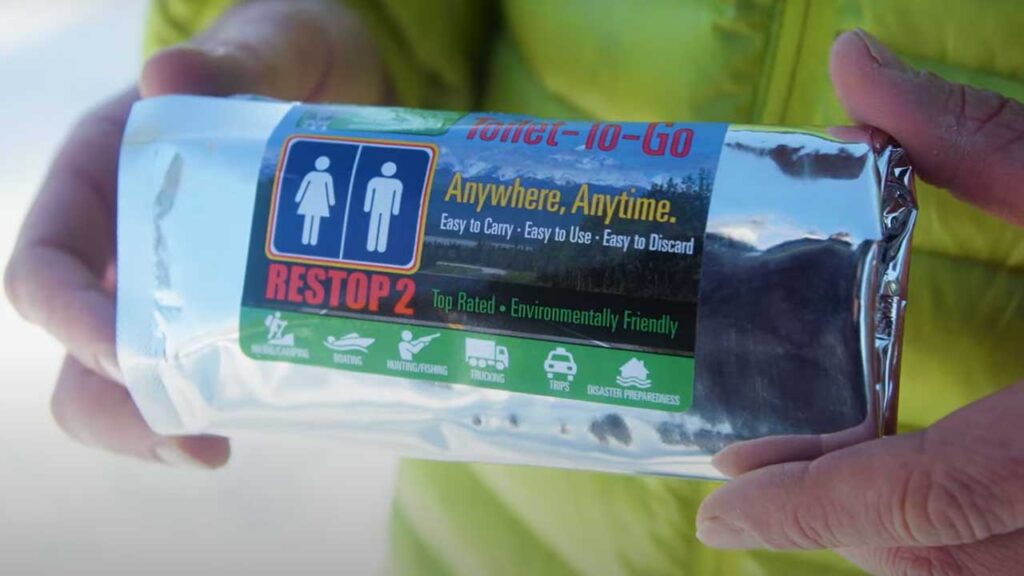
When I was a younger lad, I loathed having to answer the call of nature… especially # 2, that is. I used to dehydrate myself, skimp on snacks, and squint/clench my way through the day just so I could do the deed at home. Not only is this detrimental to health and performance, but it's also completely unsustainable if you plan on doing multi-day treks. Try to make your peace with this basic necessity right out of the gates.
And who knows, your inner hunter-gatherer may even start to appreciate the primal toilet. The trick is to know what to doo-doo. And to help you with this check out the BackpackingTV series on how to poop in the woods and how to poop in the woods part doo.
Eat Well in the Woods
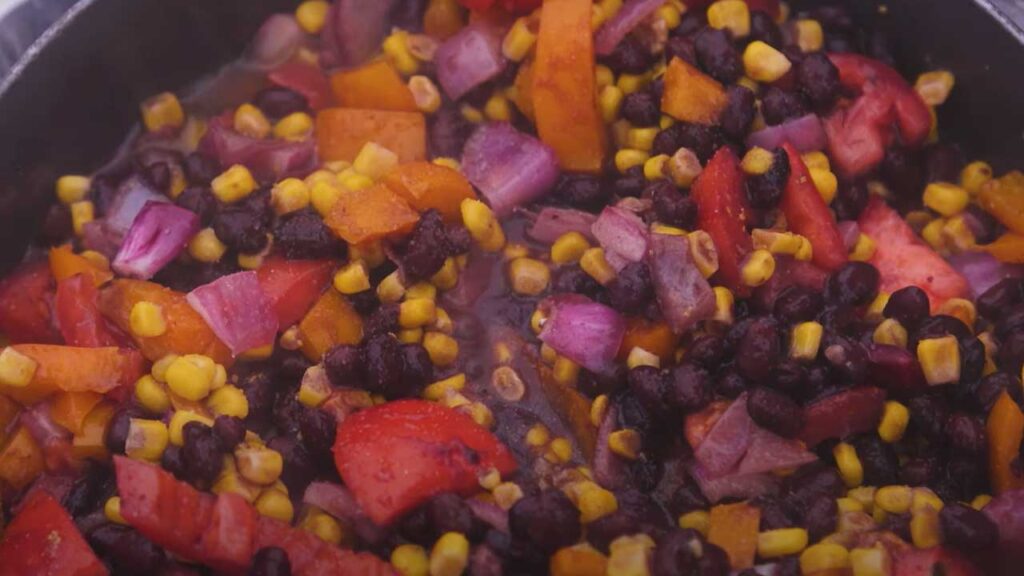
In a similar vein to my early attitude towards sleep, I thought backcountry grub was supposed to be pre-packaged and barely palatable. All I cared about was getting in raw calories so that I had something to burn on the trail. While this approach may sustain your body, it likely won't nourish your soul in the long run.
I'm also a big champion of cooking delicious backpacking meals. If you treat yourself to good food, you'll be more excited to hit the trails, time and time again.
Cotton is Rotten and Best Forgotten
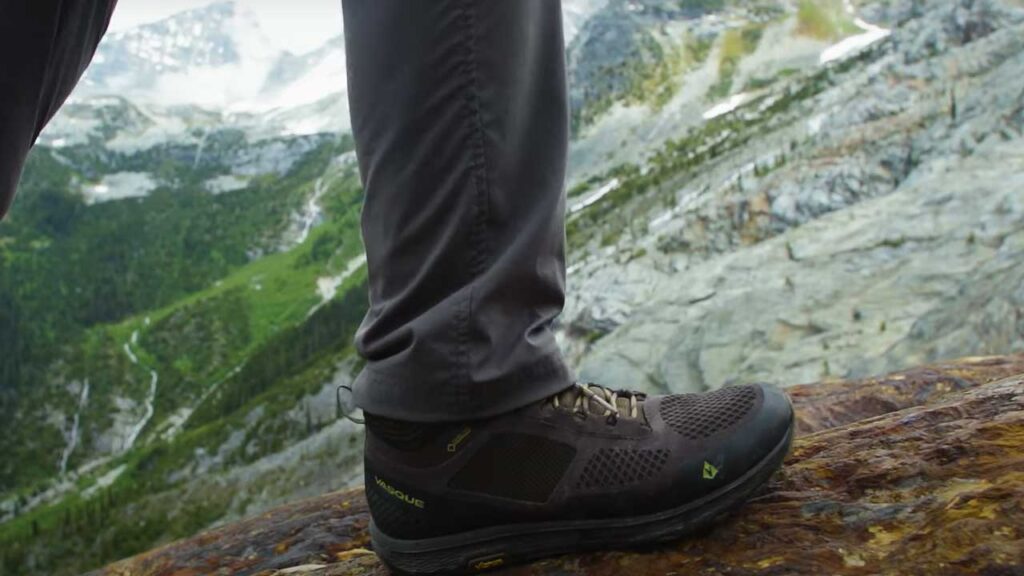
When I was young, stubborn, and pretty broke, I had no qualms about hiking in cotton clothes. But after a slew of blisters, a couple nasty chills, and being passed by so many peers moving freely in their high-performance attire, I knew I had to make a change. Cotton holds moisture and will create more problems with each passing mile.
Things like polyester and nylon, or even other natural fibers like Merino wool and bamboo will wick sweat away and maintain their fit much better. I know the price tags can be daunting, but you won't regret investing in a few good pieces of performance-driven apparel.
If you're just getting going on the trails, it's inevitable that you'll make some rookie mistakes here and there. But part of the backpacking adventure is evolving with each passing season. I just hope these beginner hiking and overnight tips can help you dodge some of the more easily avoidable pitfalls.

Backpack: Mystery Ranch, Bridger 65
Clothing: Fjallraven Keb Agile Trouser
Tent: Big Agnes Copper Spur 3 man tent
Sleeping bag: Sea to Summit Accent Sleeping Bag
Poop System: Restop II Toilet 2 Go
Sunglasses: WileyX sunglasses
For even more beginner tips as well as deeper dives into advanced concepts, head on over to BackpackingTV. Have fun out there!



